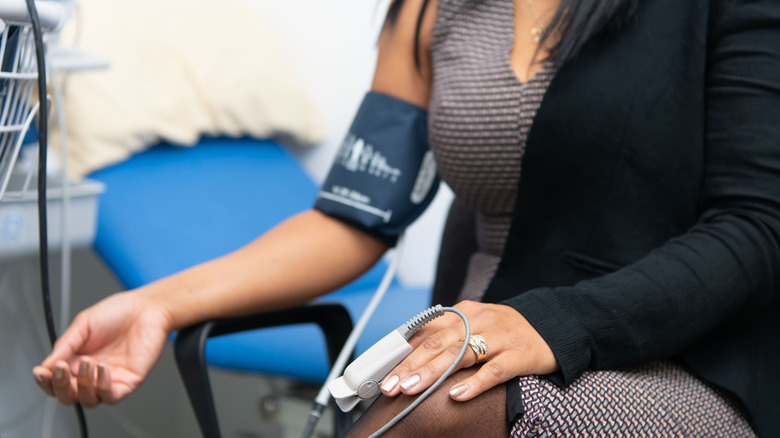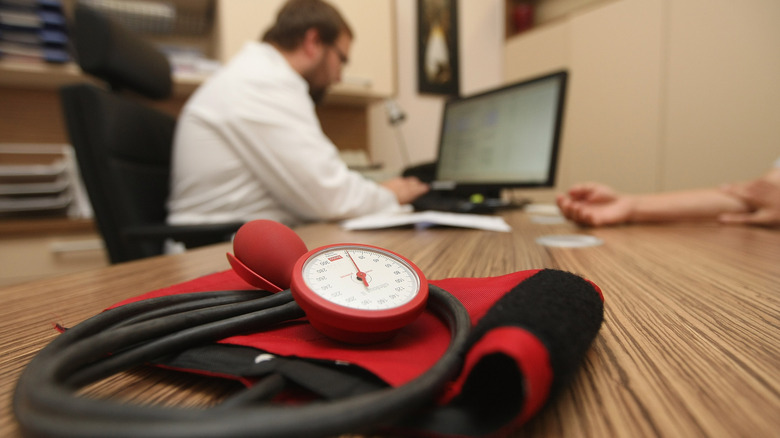Blood pressure screening is an integral component of preventive care.
Hypertension, or high blood pressure, may contribute toheart disease, stroke, and cardiac failure.
This condition also affects your brain, eyes, kidneys, and arteries, leading to serious health problems.

For example, it can increase your risk of mild cognitive impairment and dementia, warns theMayo Clinic.
Some people may experience sexual problems or nerve damage as a result of high blood pressure.
While it’s true thatanyone can have high blood pressure, its prevalence increases with age.

The only way to detect it is to get your blood pressure checked regularly.
Individualsover 40 years oldand those at risk for hypertension should get annual screenings.
Currently, there are no set guidelines for children and teens.

If you have a child, ask your doctor to test his blood pressure during routine checkups.
have a go at avoid exercise, smoking, andcaffeine consumptionfor 30 to 60 minutes before the screening.
These activities raise blood pressure, says theMayo Clinic.
Ideally, take a few moments to relax while waiting for the doctor.
check that you let him know about any drugs you take.
The same goes for certain supplements, such as arnica, licorice, and ginseng.
A blood pressure screening doesn’t cause pain or discomfort.
The nurse or doctor will ask you to sit in a chair and rest your arm on a table.
Next, they will place a cuff around your upper arm and pump it up to restrict blood flow.
The pneumatic cuff is attached to a blood pressure monitor (sphygmomanometer).
Some medical professionals use automatic devices instead of stethoscopes.
Normal blood pressure is under 120/80 mm Hg (millimeters of mercury), explains theAmerican Heart Association.
Anything above these values should raise a red flag.
Both systolic and diastolic blood pressure readings are important, states the American Heart Association.
However, systolic blood pressure tends to increase with age due to plaque buildup and other health problems.
For this reason, it’s commonly used to predict heart disease risk.
Medical professionals look at both numbers when making a diagnosis.
Don’t panic if your blood pressure screening results are higher than normal.
Simple things, such as limiting stress andstarting a strength training program, can make all the difference.